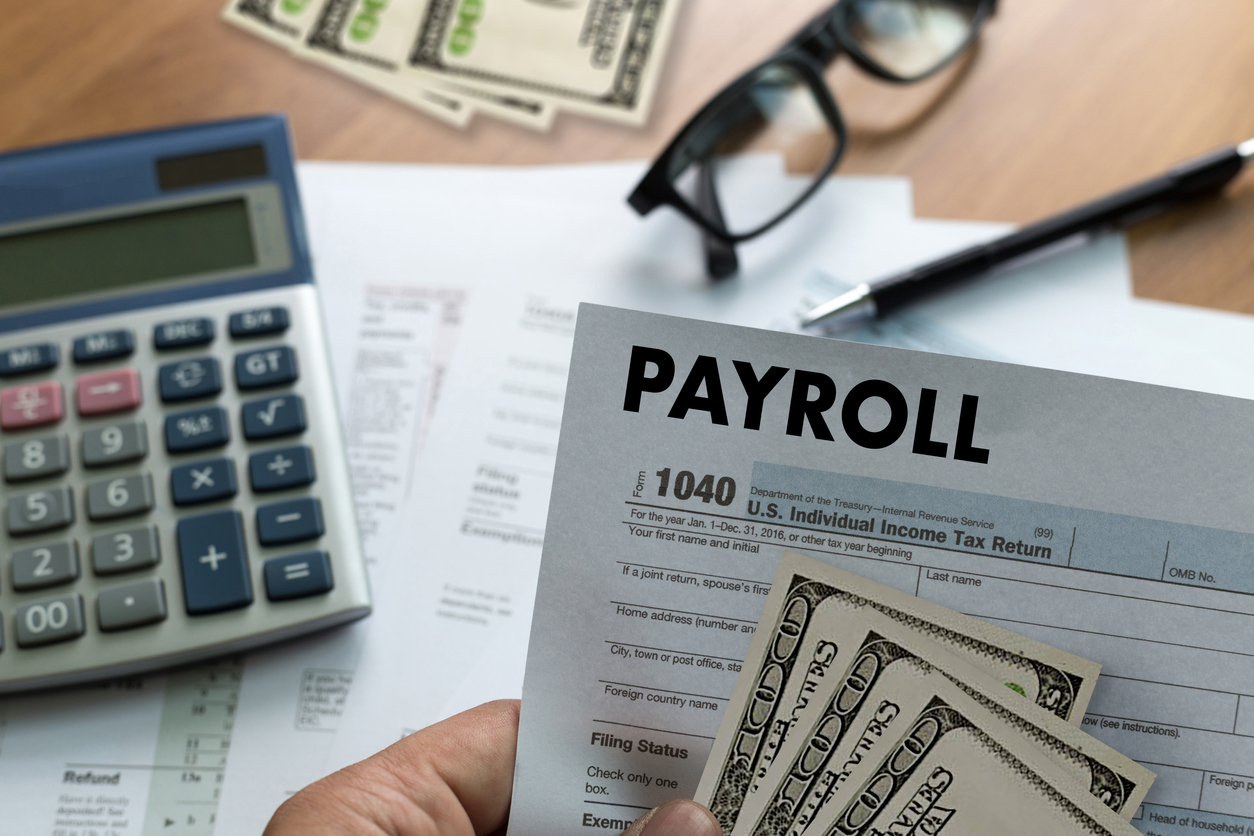The U.S. Treasury and Internal Revenue Service released additional guidance on August 28, 2020, related to the Executive Order authorizing the deferral of employees’ portion of the payroll tax. The deadline for employers to begin withholding the 6.2% employee portion of payroll tax was September 1, 2020.
However, Treasury Secretary Steven Mnuchin has said he “can’t force” companies to stop withholding the payroll levies, but that he hopes many companies will participate. The U.S. Chamber of Commerce has said many companies wouldn’t implement the deferral because of difficulties administering it and the greater burden for employees next year who would have to repay that tax on top of regular tax withholdings between January 1, 2021 and April 30, 2021.
Anglin Reichmann Armstrong’s team is awaiting additional guidance before advising clients to begin withholding the payroll tax through December 31, 2020. Here are a few key points we can update you on from the current guidance.
- The deferral applies to the 6.2% employee portion of payroll tax (e.g. Social Security tax)
- The deferral applies only to employees with pre-tax wages less than $4,000 per bi-weekly pay period (or equivalent pay period that exceeds $104,000 in annualized compensation)
- The payroll tax is a deferral only; employees will still be required to pay this deferred tax through payroll tax deductions that would occur between 1/1/21 – 4/30/21, thus creating a burden on employees next year of receiving less take-home pay.
- The stated intention outside of the executive order is for these payroll taxes to be forgiven, but that will require Congress to pass legislation. We do not know currently if that legislation will be passed.
- Current guidance puts the responsibility on employers for collecting and ultimately remitting the tax. It is unclear how this may be handled if an employee with deferred payroll taxes leaves a company or organization prior to the time when these taxes must be withheld and remitted by the employer. The employer could be left responsible for remitting those taxes on behalf of the departed employee anyway.
- There is no definitive guidance on whether employees can opt-out of this deferral if the company decides to participate.
What happens if an employer decides to not participate in the payroll tax deferral and Congress later forgives all repayment obligations? Can an employer and employee go back retroactively and request reimbursement of qualifying amounts paid in, and if allowed what would be the process to do so?
These what-if scenarios create challenges with advising employers on whether or not to participate in the payroll tax deferral. We will continue to watch for more clarification and share what they mean to you and your business. If you have any questions, contact our team at Anglin through Meg Hampton at 256-533-1040.
Read the IRS guidance, 2020-65.

